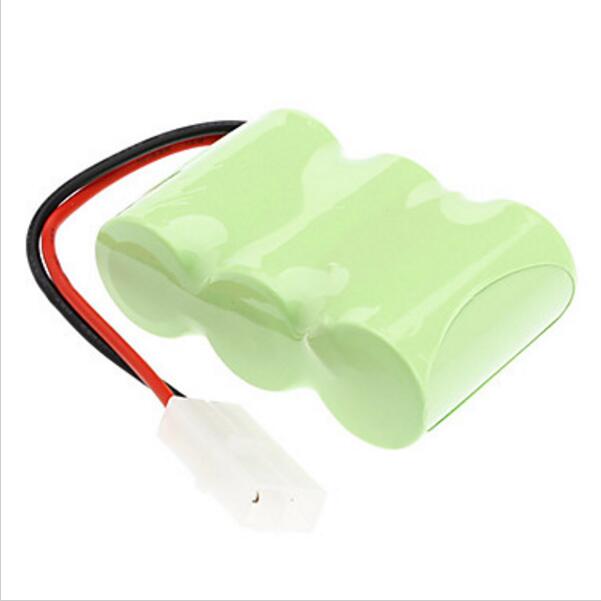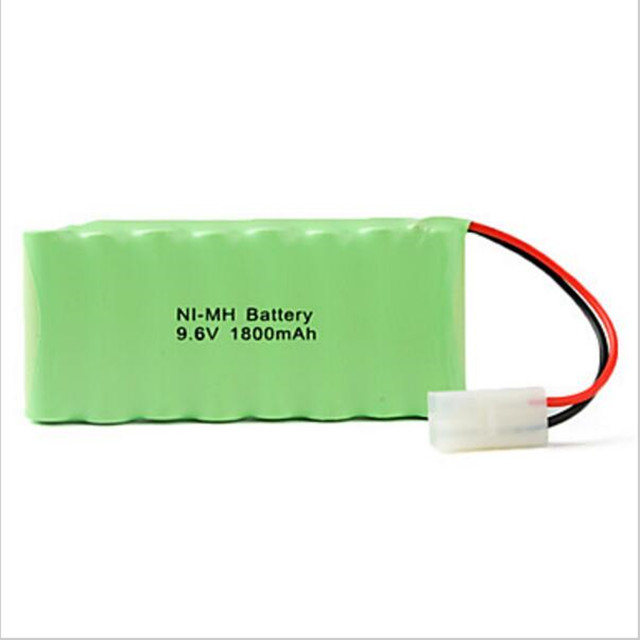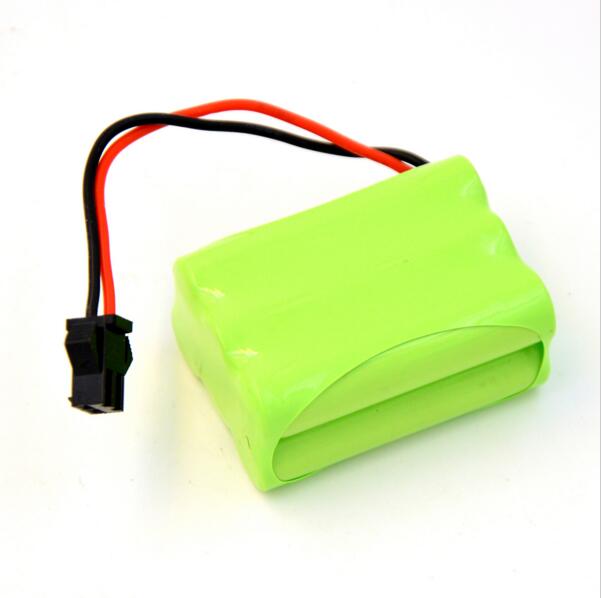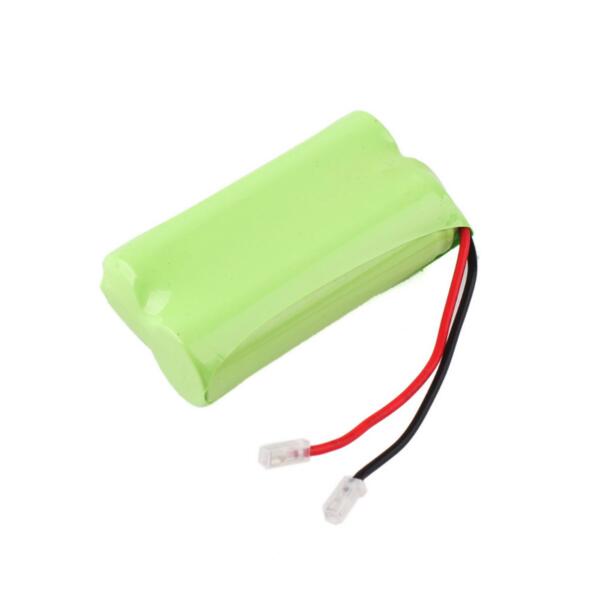
Introduction:
Nickel-Metal Hydride (NiMH) battery technology has firmly established itself as a reliable and versatile energy storage solution, particularly in the domain of rechargeable batteries. NiMH battery packs, composed of interconnected NiMH cells, offer a multitude of advantages that cater to various sectors, from consumer electronics to industrial applications and automotive industries. This article delves into the principal advantages and selling points of NiMH battery packs, underscoring their significance in the contemporary battery landscape.
**Environmental Sustainability:**
NiMH battery packs are lauded for their eco-friendly credentials, given their reduced environmental impact compared to conventional disposable batteries. Free from toxic heavy metals such as cadmium, commonly found in Nickel-Cadmium (NiCd) batteries, NiMH packs facilitate safer disposal and recycling. This aligns with global initiatives advocating for green energy solutions and responsible waste management.

**High Energy Density and Extended Runtime:**
A significant advantage of NiMH battery packs lies in their high energy density, allowing them to store a considerable amount of energy relative to their size and weight. This attribute translates into extended operational times for portable devices, from cameras and power tools to electric vehicles, ensuring uninterrupted usage and reduced downtime.
**Reduced Memory Effect:**
Unlike earlier rechargeable technologies, NiMH packs exhibit a significantly reduced memory effect. This means that partial charging does not lead to a permanent reduction in the battery’s maximum capacity, providing users with more flexibility in charging habits without compromising long-term performance.

**Wide Operating Temperature Range:**
NiMH battery packs maintain operational efficiency across a broad temperature spectrum, ensuring reliable performance in both cold and warm climates. This versatility is particularly valuable for outdoor equipment, automotive applications, and devices subjected to variable environmental conditions.
**Rapid Charging Capability:**
Advanced NiMH battery packs support rapid charging technologies, enabling them to recharge swiftly, thereby reducing idle time and enhancing productivity. This feature is especially beneficial in applications where continuous power supply is critical or where downtime must be minimized.

**Long Service Life and Economical Operation:**
With a robust cycle life—often ranging from 500 to 1000 charge-discharge cycles—NiMH battery packs offer an extended lifespan, reducing the frequency of replacements and overall operational costs. This longevity, combined with the capability to retain charge when not in use, makes NiMH packs a cost-effective investment in the long term.
**Compatibility and Flexibility:**
NiMH battery packs are available in a wide array of configurations, sizes, and voltages, making them compatible with a broad range of devices and systems. This adaptability simplifies the transition from non-rechargeable or older rechargeable technologies to NiMH, without requiring extensive modifications or replacements in existing setups.

**Conclusion:**
NiMH battery packs represent a mature and dependable technology that continues to play a pivotal role in meeting the evolving energy storage demands of various industries. Their combination of environmental sustainability, high performance, longevity, and adaptability positions them as a preferred choice for applications where rechargeability, efficiency, and environmental responsibility are paramount. As technology progresses, ongoing innovations in NiMH chemistry promise to further enhance these benefits, solidifying their status as a cornerstone of modern rechargeable battery solutions.
 AAA Batteries
AAA Batteries AAA 600mAh
AAA 600mAh USB Rechargeable Batteries
USB Rechargeable Batteries
 USB Battery
USB Battery AAA Batteries
AAA Batteries AAA R03 Batteries
AAA R03 Batteries CR2032
CR2032 AAA 600mAh
AAA 600mAh USB Rechargeable Batteries
USB Rechargeable Batteries



